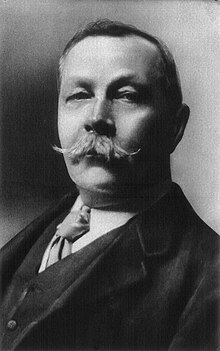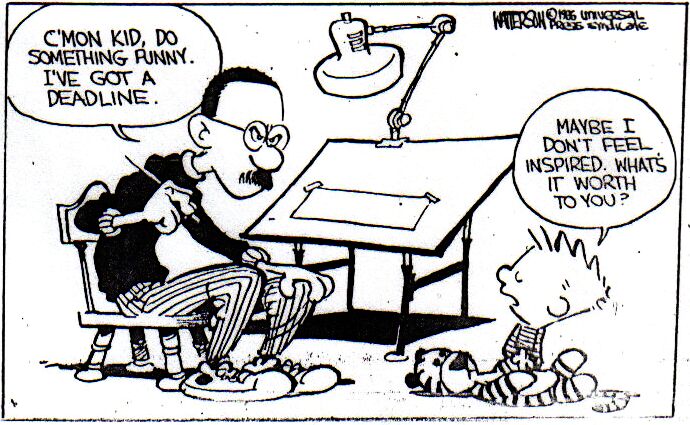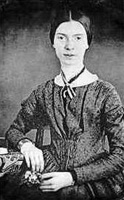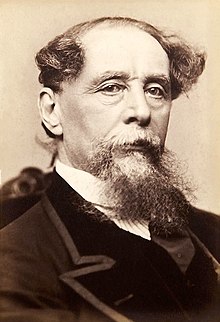So one of the benefits of working in a bookstore is that I get to see what some of the most popular books of the season are.
Now, I'll let you know in advance, I haven't read all of these. But they have been bought in HOARDS and people have been telling me nothing but good things about them. So that that for what you will when buying your last minute book gifting.
Yes, ok the movie is coming out, but I sell no less than five of these a day, sometimes more. And for every five I sell, I get asked five more times where the book is. It's a story of a man, surviving the wreckage of his plane in WWII and his journey through life, along with his journey of survival.
Boys in the boat is about the 1936 Berlin Olympics team. It shows you a bunch of ragmatag guys who manage to come together and go for the gold for the rowing. Another one that has passed through my hands more than a few times this Christmas season.
To be honest with you, I didn't even know what this one was about till I read the synopsis (which you can go read here. It sounds really good.) It sold really well this summer, but when Christmas time came, we couldn't even keep the book on the shelf.
Ok, so Miss Peregrine's is a little weird, and it's a little different, but I have yet to meet a person who didn't enjoy this book. There's mystery and there is a little bit of super powers and there is some definite danger and it's a good transition book. Not SO hard to read that a high 11-12 year old couldn't pick it up, but still interesting enough that your teens are going to want to read it.
Alright, this one comes with a lot of conditions, but also, a lot of ideas if you need them last minute for the Christmas season. This is book five in a series. And, what's more, it's book five in a SEQUEL series. Do you remember The Percy Jackson Series? It's pretty much fabulous. In fact, it was SO fabulous, Riordan took those characters and started a SECOND series with them! Cue The Heroes of Olympus series (see above). So if the person you're buying for has never read Percy Jackson, Ta-Da! If they have, but haven't gotten into this second companion series, there are five whole new books for them to pick up. And, the best part, is that this is the last book, so they don't even have to wait for the end.
Now, I'll let you know in advance, I haven't read all of these. But they have been bought in HOARDS and people have been telling me nothing but good things about them. So that that for what you will when buying your last minute book gifting.
Yes, ok the movie is coming out, but I sell no less than five of these a day, sometimes more. And for every five I sell, I get asked five more times where the book is. It's a story of a man, surviving the wreckage of his plane in WWII and his journey through life, along with his journey of survival.
Boys in the boat is about the 1936 Berlin Olympics team. It shows you a bunch of ragmatag guys who manage to come together and go for the gold for the rowing. Another one that has passed through my hands more than a few times this Christmas season.
To be honest with you, I didn't even know what this one was about till I read the synopsis (which you can go read here. It sounds really good.) It sold really well this summer, but when Christmas time came, we couldn't even keep the book on the shelf.
Ok, so Miss Peregrine's is a little weird, and it's a little different, but I have yet to meet a person who didn't enjoy this book. There's mystery and there is a little bit of super powers and there is some definite danger and it's a good transition book. Not SO hard to read that a high 11-12 year old couldn't pick it up, but still interesting enough that your teens are going to want to read it.
Alright, this one comes with a lot of conditions, but also, a lot of ideas if you need them last minute for the Christmas season. This is book five in a series. And, what's more, it's book five in a SEQUEL series. Do you remember The Percy Jackson Series? It's pretty much fabulous. In fact, it was SO fabulous, Riordan took those characters and started a SECOND series with them! Cue The Heroes of Olympus series (see above). So if the person you're buying for has never read Percy Jackson, Ta-Da! If they have, but haven't gotten into this second companion series, there are five whole new books for them to pick up. And, the best part, is that this is the last book, so they don't even have to wait for the end.



























